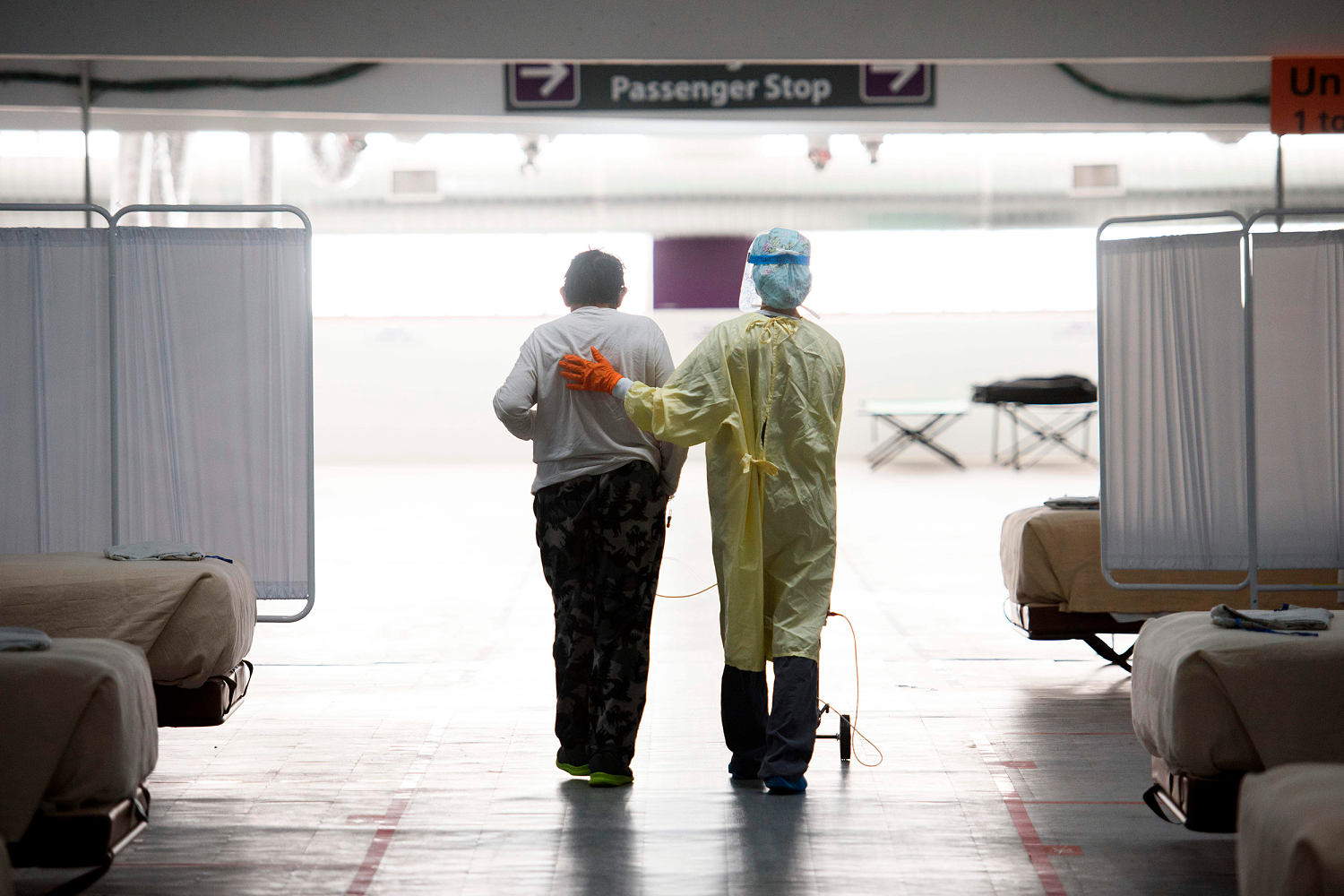The Russell County Butchery submitted a petition that USDA’s Food Safety and Inspection Service (FSIS) took in on Sept. 5. It requests that FSIS change the guidance for determining whether a poultry slaughter or processing operation is exempt from inspection requirements of the Poultry Products Inspection Act (PPIA) to allow… Continue Reading Enforcement, Food Policy & Law, exemptions, FSIS, Petition 24-04, Russell County Butchery, small poultry Food Safety News
The Russell County Butchery submitted a petition that USDA’s Food Safety and Inspection Service (FSIS) took in on Sept. 5. It requests that FSIS change the guidance for determining whether a poultry slaughter or processing operation is exempt from inspection requirements of the Poultry Products Inspection Act (PPIA) to allow small and tiny establishments to operate under the custom, small enterprise, and retail exemptions simultaneously if operations are conducted using sanitary methods. There is time and space between inspected and exempted operations.
FSIS has sent the petition to the Office of Policy and Program Development for review under 24-04, its assigned number. Petition 24-04 is available here.
The petitioner is Benjamin Michael, owner of The Russell County Butchery LLC. Benjamin Michael and his brother Kyle started The Russell County Butchery LLC in Southeast Alabama in 2022.
They said they started the business to process their own livestock, and it has since turned into a multifaceted operation that continues to grow.
In two years, they have progressed from pure novices to full-service butchers and are now a USDA-inspected slaughter and processing plant in Russell County, AL. They aim to bring the best quality meat to their community and provide food security by raising local livestock.
The petition, as submitted by Benjamin, made the following points:
“I am writing to petition a change in the Guidance for Determining Whether a Poultry Slaughter or Processing Operation is Exempt from Inspection Requirements of the Poultry Products Inspection Act, dated April 2006.
“The document states that a facility may only operate under one exemption in a calendar year. I would propose that small and very small establishments be able to operate under the following exemptions simultaneously as long as operations were conducted using sanitary methods and that it provided time and space between inspected and various exempted operations:
Custom Exempt
Small Enterprise Exemption
Retail Exemption
Background
“Our facility is a very small operation. It is federally inspected for cattle, pigs, goats, and sheep (#2442). We would like to purchase locally raised poultry to process and sell through our facility and provide the service for small local producers who raise poultry for themselves.
“We have had numerous requests for both things, but according to this document, we are only permitted to conduct one of them at our facility in the same calendar year.
“I think this would benefit our business and other similar businesses and small operations as an added revenue stream to help increase financial sustainability. This would also benefit local consumers who want to raise their poultry but lack the infrastructure, financial means, or technical ability to perform the processing themselves.
“Conducting these operations for the consumer at our facility would provide a more sanitary operation that could be completed without negatively affecting our other operations.
“Maintaining sanitation by separating processes using space and time would be no different than how we conduct inspected, retail, and custom-exempt activities.
“Maintaining separation of each of these exemptions would also be a simple solution through scheduling activities in the order of Retail Exempt, then Small Enterprise Exempt, followed by Custom Exempt, when necessary.
“If all three of these cannot be performed by the same facility in the same calendar year, I would propose that, at a minimum, the Small Enterprise Exemption and the Custom Exemption be allowable simultaneously.”
(To sign up for a free subscription to Food Safety News,click here)









